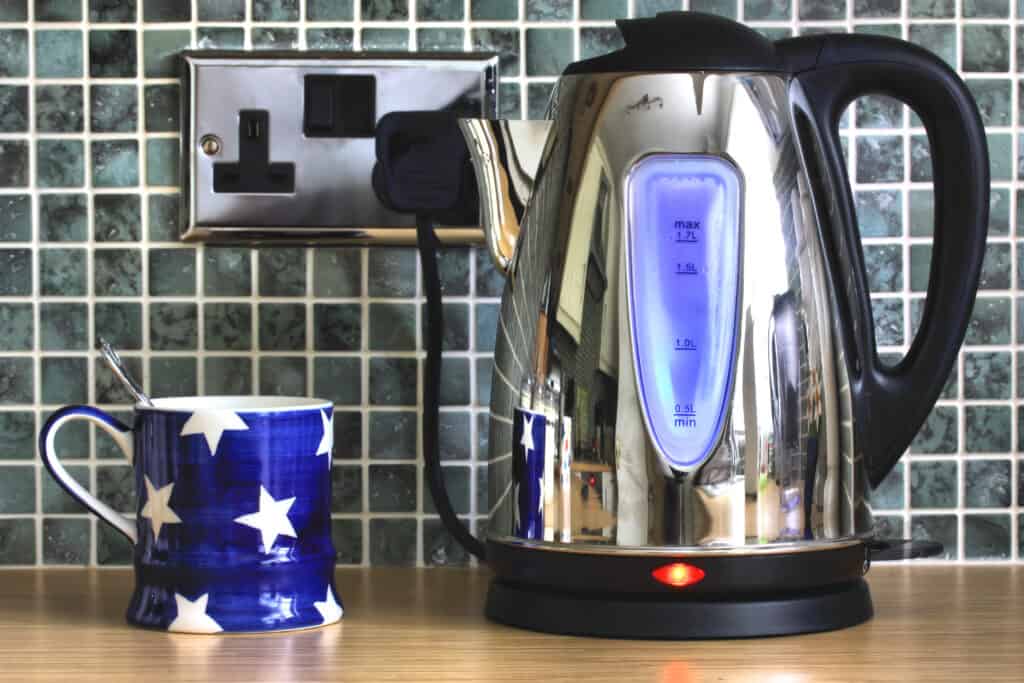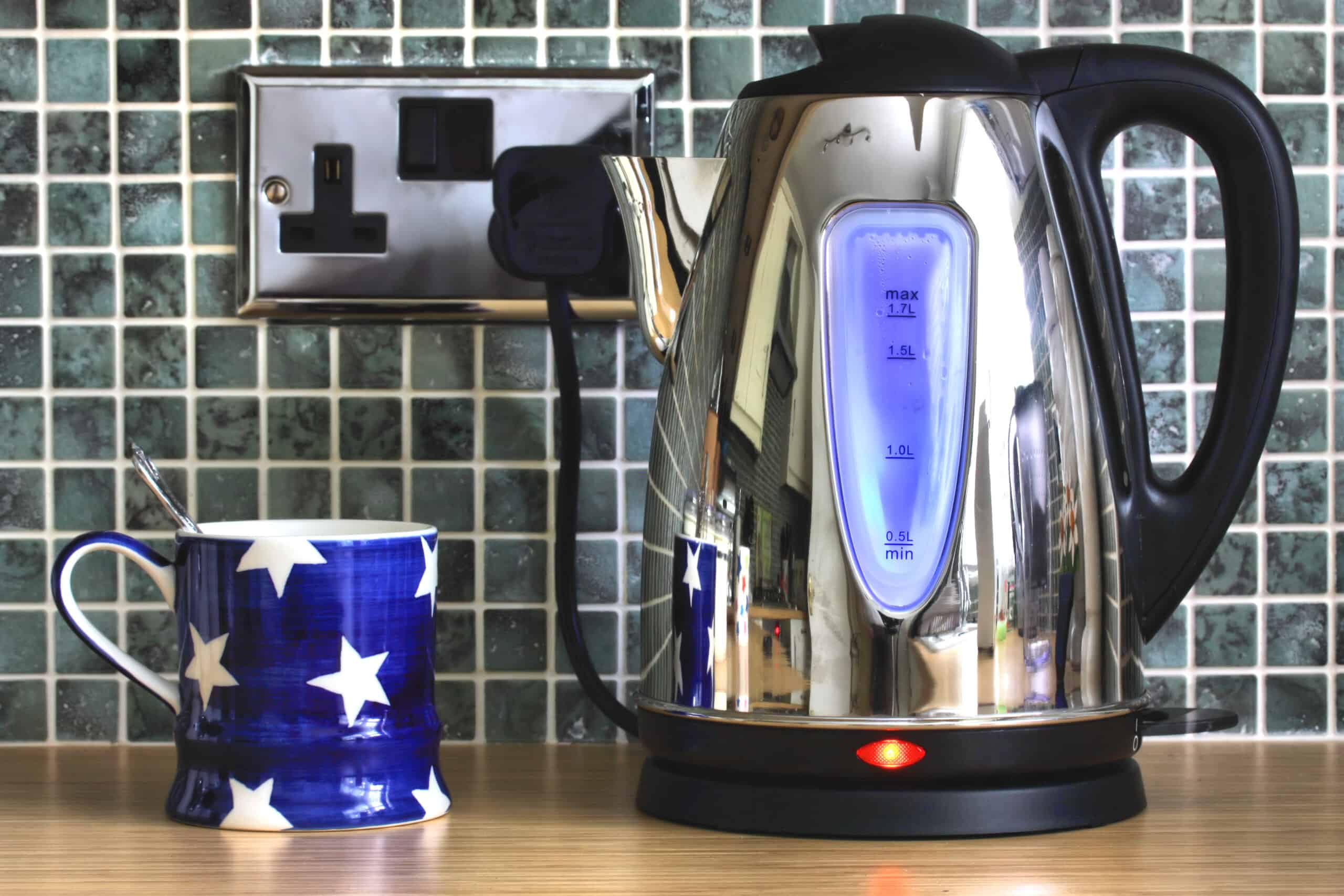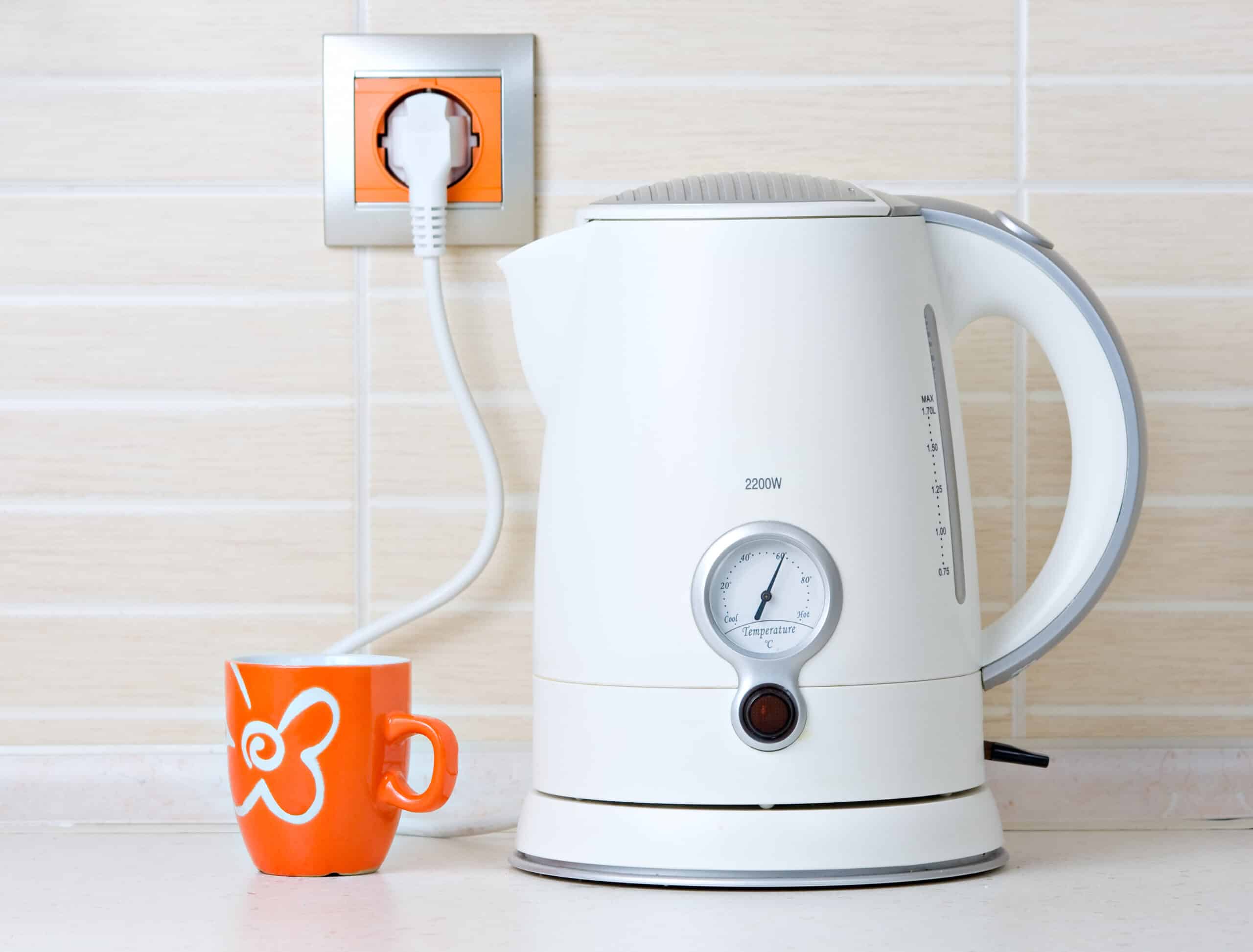As you prepare for college life, one question that may come up is whether or not electric kettles are allowed in dorms. Understanding the rules surrounding this small appliance is essential to ensure that you’re both in compliance with your university’s regulations and maintaining a safe living environment.
In many cases, electric kettles are permitted in dorm rooms, as they pose minimal fire risk compared to other cooking appliances. However, it’s important to check with your specific institution’s guidelines, as some may have stricter policies regarding their use.

When using an electric kettle in your dorm, be mindful of any restrictions and practice safe usage habits to prevent accidents. If allowed, an electric kettle can be a convenient addition to your college essentials, making it easy to prepare hot beverages and simple meals.
Are Electric Kettles Allowed in Dorms
General Rules
Electric kettles are typically allowed in dorm rooms, as they pose no higher fire risk than other appliances.
This makes them a popular choice for students who need a quick and convenient way to make coffee, tea, or heat water for other purposes.
Exceptions and Variations
While electric kettles are generally permitted, some universities may have specific restrictions or guidelines on their use.
Before purchasing or bringing an electric kettle to your dorm, be sure to check your residence hall’s policies to ensure it is allowed.
Some dorms may provide microwave/fridge combos or other appliances, so consider if an electric kettle is truly necessary for your needs before investing in one.
In cases where electric kettles are not allowed, explore alternative options for heating water, such as using the provided microwave or facilities in communal kitchens.
Electric Appliances Allowed in Dorms
When choosing appliances for your dorm, it’s essential to be aware of what’s allowed and how to use them safely. In this section, we’ll discuss various electric appliances that you can typically use in dorms.
Microwaves and Coffee Makers
Microwaves are generally permitted in dorms, offering a convenient way to heat your meals and snacks. However, there may be some restrictions depending on your college or university. You can usually use a residential-style coffee maker in your dorm room. Commercial coffee makers or those with perpetually hot water aren’t allowed.
Refrigerators
Mini fridges are a popular choice for dorm rooms as they provide a place to store perishable food items and beverages. Make sure to check your school’s guidelines to ensure it’s within their size requirements.
Other Allowed Appliances
There are other electric appliances commonly permitted for use in dorm kitchens and common areas:
- Rice Cookers
- Electric Kettles (with no exposed heating elements)
- Instant Pots/Multi-Cookers
- Air Fryers (in kitchens and common areas only)
Keep in mind that some appliances, like toaster ovens and air fryers, may only be allowed in shared kitchens or common rooms. If you’re unsure about a specific appliance, it’s a good idea to check your college’s policy to avoid any violations.

Electric Appliances Not Allowed in Dorms
Toasters and Hot Plates
Most dormitories do not permit the use of toasters and hot plates in student rooms. This is due to fire safety regulations and potential hazards.
To ensure the well-being of you and your fellow residents, avoid bringing these items to your dormitory.
Grills and Fryers
Likewise, electric grills, air fryers, and other cooking devices with open heating elements are typically not allowed in dorms. These appliances pose a similar fire risk as toasters and hot plates.
It is crucial to follow your specific university’s guidelines on which appliances are allowed in your living space.
Candles and Open Flames
Open flames, such as candles or any other device that produces a flame, are strictly prohibited in dormitories. They pose a significant fire hazard and threaten the safety of everyone in the building.
Instead, opt for flameless alternatives like battery-operated candles or LED lights to create a relaxing and safe atmosphere in your room.

Fire Safety in Dorms
Fire Hazards
Fire hazards in dorms often include overloaded electrical circuits and the use of prohibited appliances such as electric kettles.
Furthermore, items like curtains, paper, and other combustible materials near heat sources can increase the risk of fire.
Fire Prevention Tips
Always familiarize yourself with your dorm’s fire safety regulations and avoid using unauthorized appliances in your room.
Keep hallways and exits clear of obstructions, such as luggage or bicycles, so escape routes are always accessible.
Maintain safe distances between heat sources and combustible materials, and use surge protectors to avoid overloading electrical circuits.
Test smoke alarms regularly and never hang items from fire safety devices or cover air vents.
Electrical Circuits
Overloading electrical circuits increases the risk of an electrical fire, so avoid plugging multiple devices into a single outlet.
Remember to unplug appliances when not in use, and utilize surge protectors to help safeguard against power surges and circuit overloads.

Members Online Community and Classes
Being a part of an online community can help you find answers to questions regarding electric kettles in dorms. College students like yourself often share their experiences and knowledge within these groups.
Joining a community dedicated to your school or dormitory can provide valuable insights about the rules and regulations around electric kettles. Through these platforms, you can learn from your fellow students and stay informed about any updates or changes in policies.
Another excellent resource is attending classes or workshops focused on life in dorms. These sessions often discuss essential topics such as allowed appliances, safety precautions, and tips for making the most of your living situation.
While attending classes, don’t hesitate to raise your query about electric kettles in dorms during Q&A sessions. This is a perfect opportunity to hear firsthand from experts or campus representatives, ensuring that you receive accurate and up-to-date information.
Incorporating all these resources will help guide you in understanding the allowance of electric kettles in dorms, ensuring that you make well-informed decisions throughout your college experience.




